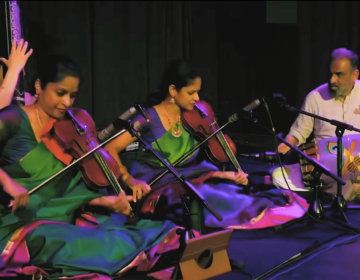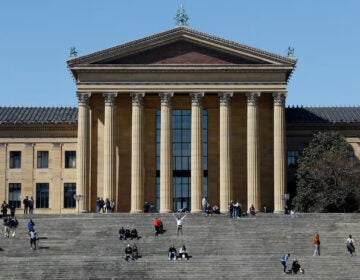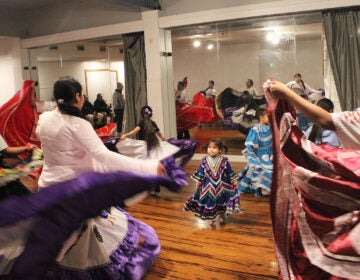Jazzy portraits honor Civil War leaders
The sesquicentennial of the Civil War (a.k.a. the 150th anniversary) officially begins April 12th, the day Fort Sumter was attacked in 1861. But the Rosenbach Library and Museum has already started.
The Rosenbach commissioned local composer Dave Burrell to create five jazz portraits of Civil War heroes, from both the Blue and the Gray.
They include Gen. Robert E. Lee, Gen. Ulysses Grant, Col. Elmer Ellsworth, and two of abolitionist John Brown – one as a living person, one as a dead person (he was hanged for planning a slavery uprising).
Burrell had access to the Rosenbach’s trove of personal letters and military correspondence, which he researched for over a year to find creative inspiration. The pieces start with a variation of a soldier’s march on piano, played by Burrell himself, colored with improvisation, and accompanied by a melody on a violin, performed by violinist Odessa Balan. Some of the melodies are based on Civil War-era songs; all are tainted by melancholy.
“War is hell,” says Burrell, even for the victors. He read the letters of Confederate Gen.l Robert E. Lee from the beginning of the war and found he hesitated before resigning from the Union Army and throwing his hat in with the South.
“His battle experience wasn’t full swing yet,” said Burrell. “He had issues with government. He had to make a decision, and he decided to protect his homeland, which was Virginia.”
Burrell says that because the Civil War is so full of proud and tragic figures that it provides endlessly potent material for making music.
He has been composing works based on the Rosenbach collection since 2006. This will be the first of several planned jazz suites based on the Civil War
Of course, jazz didn’t exist during the Civil War. Burrell says he listened to works composed by the 19th century pianist Blind Boone, who was famous for his improvisational style. But Boone was born just as the Civil War was ending.
“Why not think of the Civil War as a jazz piece?” said the Rosenbach’s assistant director of education, Farrah Fitzgerald. The commissions are meant to make the collection more accessible. “We’re stepping away from a scholarly approach, and making them available to all types of dialogue.”
The Rosenbach is also blogging the Civil War in real time. Every other day it is posting an image of an original document that was created on that day 150 years ago. It will continue for the next five years.
WHYY is your source for fact-based, in-depth journalism and information. As a nonprofit organization, we rely on financial support from readers like you. Please give today.




